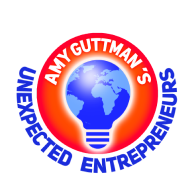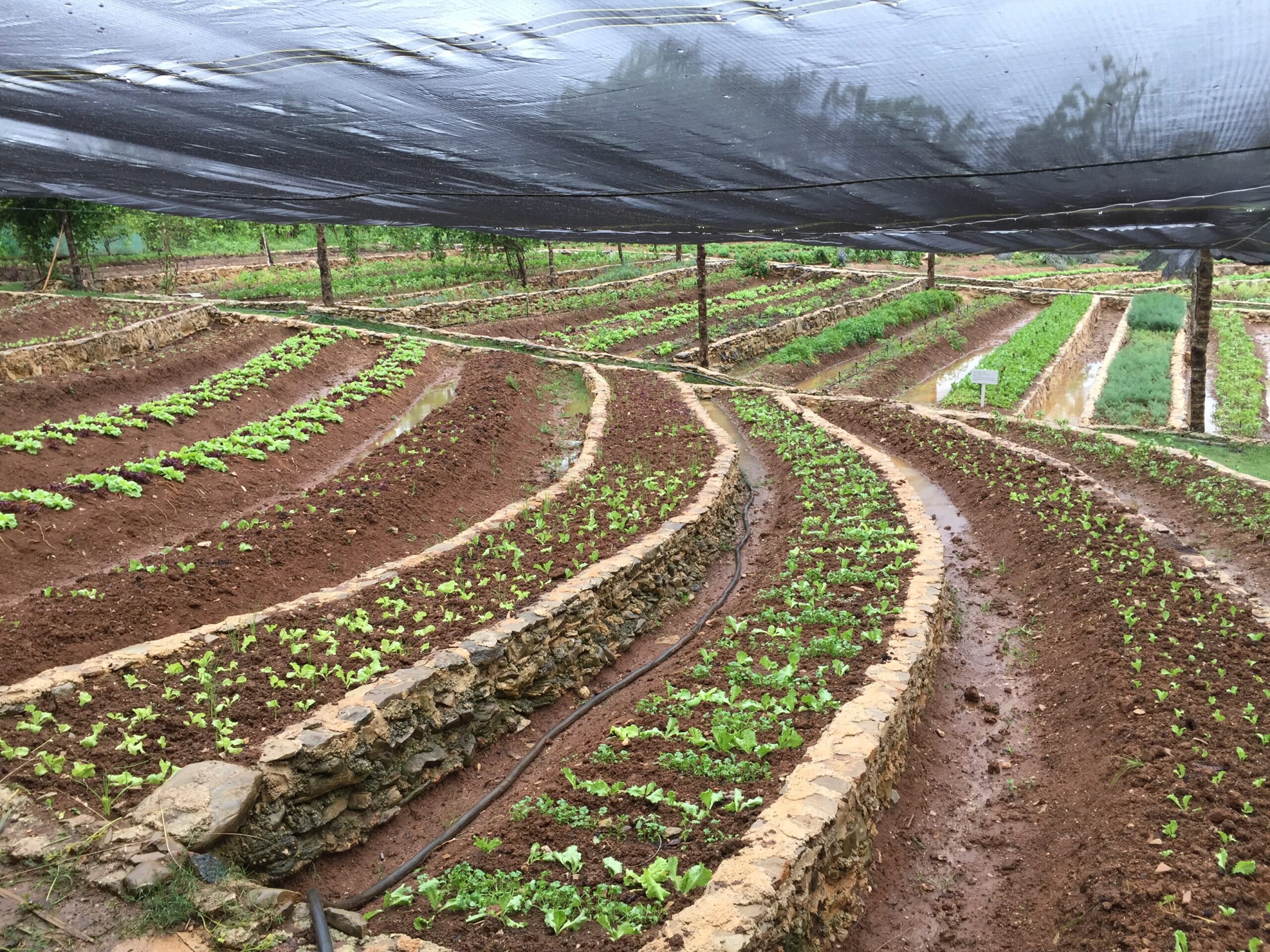Hard work and luck – that’s all it takes sometimes. Unexpected Entrepreneur Fanny learned seven languages to welcome people from around the world at the bed and breakfast where she worked.
A Canadian businessman, a frequent guest, befriended Fanny and her family. Her “angel investor” loaned her $35,000 to buy her own B+B, or casa particular. She credits this man with her success, “He taught me how to be a businesswoman.”
Less than a year after Fanny and her husband bought their four-bedroom apartment in the center of Havana, the U.S. opened the floodgates to Cuban tourism. Today, owners like Fanny can earn 10 times the average Cuban monthly income — about $250 per booking.
Fanny’s place soon had a waiting list. Within three years, she paid back the loan. Fanny also learned to navigate an unreliable food supply still dependent on ration cards.
That’s something Unexpected Entrepreneur Fernando is trying to change. An agro-economist, he left a career as an academic and international speaker, to create a farm that’s become a multi-layered model for sustainability – from a solar-powered stone well, dug with his bare hands, to a biodiverse foundation of flowerbeds, fresh herbs and vegetables to control pests without chemicals and cultivate fragrant honey.Fernando formed a cooperative which distributes produce to government markets, private restaurants and social enterprises.
Castro was so impressed after visiting Fernando’s farm, he gave him two further parcels of land and approved plans to develop a multi-farm project in a neighboring district.
Fernando overcame unanticipated challenges using his bare hands and academic know-how to create a profitable and visionary model farm. Fernando is now mentoring young entrepreneurs keen to emulate his success.
In Hope Grows in Cuba, hit the lively streets of Havana where Fanny supports her local markets and venture out to Fernando’s farm to experience his vision for Cuba’s future.

